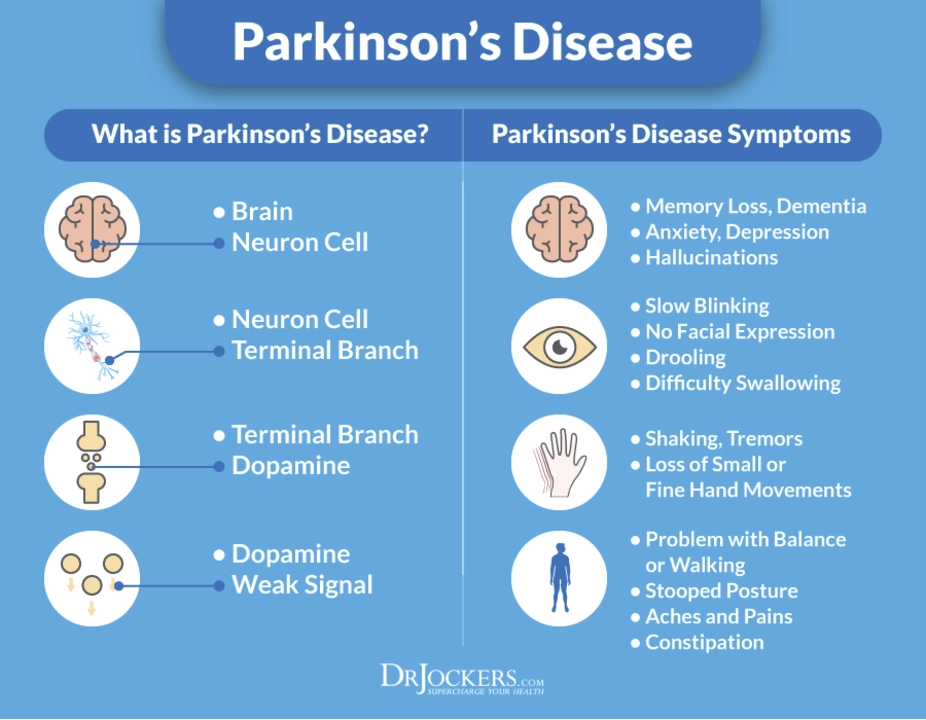Parkinson's disease: what to watch for and what helps
Parkinson's disease affects movement, thinking, and daily routines. You might notice a tremor, slow steps, stiffness, or changes in balance. Some people also develop sleep problems, constipation, or mood changes long before movement symptoms show up. If you suspect any of these, see a doctor — early diagnosis means more treatment options and better planning.
Medications and safety
The main drug most people hear about is levodopa. It helps with movement but needs careful timing and dose adjustments as the disease progresses. Other common drug groups are dopamine agonists, MAO-B inhibitors, and COMT inhibitors; each works differently and brings different side effects. For people who develop dementia with Parkinson's, rivastigmine (brand name Exelon) is often used to help thinking and daily tasks — we cover how Exelon works and real-world tips in our Exelon article.
Buying medicines online can save money, but safety matters. Check that any online pharmacy requires a prescription, shows verifiable contact details, and has clear shipping and return policies. We have guides on buying drugs online safely (Toprol, Losartan) and reviews of pharmacies if you want more background before ordering. If a price looks too good to be true or the site refuses a prescription, walk away.
Daily life: what helps beyond pills
Exercise is one of the best tools you can use. Simple balance and strength work — walking, tai chi, or supervised physical therapy — often reduces falls and keeps you moving. Speech therapy helps with talking and swallowing; occupational therapy helps with daily tasks like dressing and cooking. Small changes, like removing loose rugs and adding grab bars, cut the fall risk at home.
Medication timing matters. Many people do better when they take levodopa at consistent times and plan activities when the drug is most effective. Keep a simple log of doses and symptoms to share with your care team — that makes dose adjustments faster and safer. Also watch for side effects like drowsiness, confusion, or sudden drops in blood pressure, and report them quickly.
If you or a family member struggles with mood, sleep, or thinking, bring that up with the neurologist. Treating non-motor symptoms often improves quality of life as much as treating movement problems. Join a local support group or an online forum to swap practical tips — hearing how others manage medication schedules, home setups, and exercise routines can save you time and worry.
Want more detail? Read our Exelon article for dementia linked to Parkinson's, and check our guides on safe online pharmacies and medication buying if cost or access is a concern. If something changes suddenly — new fainting, severe confusion, or a big drop in mobility — get urgent care or call your clinic straight away.

